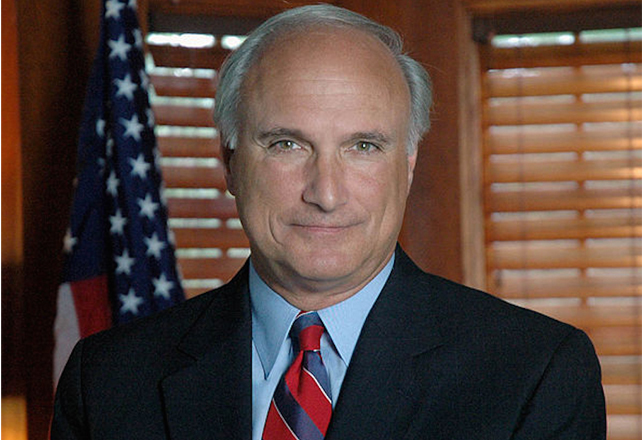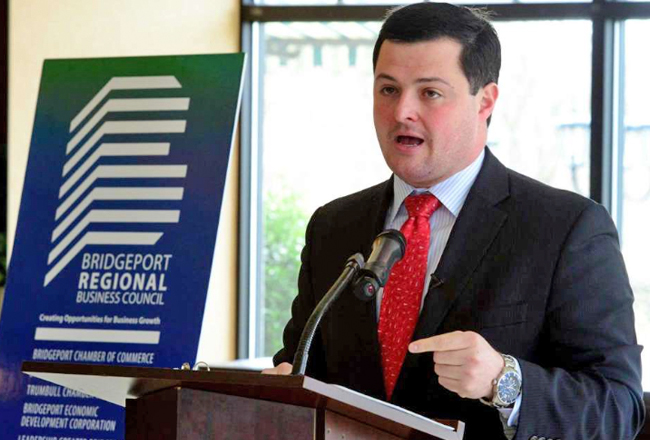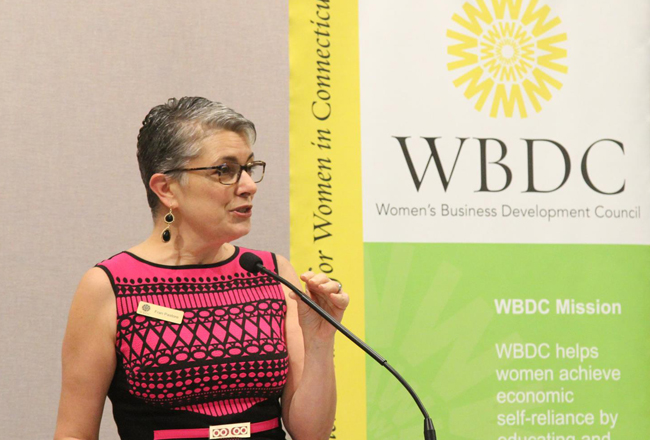Opioid abuse is very much on the mind of Ridgefield First Selectman Rudy Marconi.
“It”™s one of society”™s major health issues today,” Marconi said at his office. “And there”™s no silver bullet to solve it. But Connecticut has to get a lot more serious about how we approach it.”

As chairman of the Connecticut Conference of Municipalities”™ Opioid Abuse Task Force, Marconi has remained abreast of the snowballing number of lawsuits filed by cities and some states against opioid manufacturers such as Stamford-based Purdue Pharma, which manufactures OxyContin, seeking punitive and compensatory damages for the cost of fighting the war against such drugs.
Purdue and others have staunchly defended themselves against accusations that their marketing practices have contributed unduly to opioid abuse. However, in 2007 Purdue and three executives pleaded guilty in a federal court in Virginia to criminal charges that they misled regulators, doctors and patients about OxyContin”™s risks of addiction and potential for being abused. Purdue agreed to pay $600 million, while the three executives agreed to pay a total of $34.5 million in fines.
On Aug. 1, a judge in Nova Scotia ruled in favor of accepting a class-action settlement of $15.9 million to be paid by Purdue Pharma in a national lawsuit. Judges in Quebec City must still give final approval to that agreement.
Although Connecticut has not joined such states as Mississippi, Missouri, Ohio and Oklahoma ”“ not to mention a number of individual counties and cities around the nation ”“ in filing suits, Attorney General George Jepsen announced in June that the state was joining a bipartisan coalition of attorneys general from across the country to evaluate whether pharmaceutical manufacturers have engaged in unlawful practices in the marketing and sale of prescription opioids.
Now Marconi, Danbury Mayor Mark Boughton and leaders of about 30 other Connecticut municipalities are weighing an invitation from Waterbury Mayor Neil O”™Leary to join his efforts at a nationwide class-action lawsuit against opioid manufacturers. On July 31, New Milford”™s Town Council voted unanimously to join the suit, which is being handled by New York City law firm Simmons Hanly Conroy.
Lead attorney Paul Hanly said that the case needs at least 500 counties and cities to succeed, and that he has contacted county officials in New York, Illinois, Missouri and Texas to gauge their interest. Already on board are New York”™s Dutchess, Orange, Suffolk and Sullivan counties, with Rockland likely to join soon.
For all of the interest and activity, Marconi said he has yet to decide whether adding the strength of Ridgefield or of the Connecticut Conference of Municipalities, where O”™Leary serves as first vice president, to the proposed class-action suit is the best way to go.
“My hesitancy comes from the fact that this country has a history of filing multimillion-dollar lawsuits against somebody like the tobacco industry ”¦ but not much of that money makes it down to the streets, where it”™s most needed to address the problem,” he said.
Marconi said he was well aware of the frightening statistics involved in the issue: In Connecticut, 917 people died from drug overdoses in 2016, according to the Office of the Chief Medical Examiner, while opioid overdoses have quadrupled since 1999, according to the Centers for Disease Control and Prevention.
Marconi said he would be convening the members of the CCM”™s Opioid Task Force “probably within the next 30 days” to discuss various options.




















